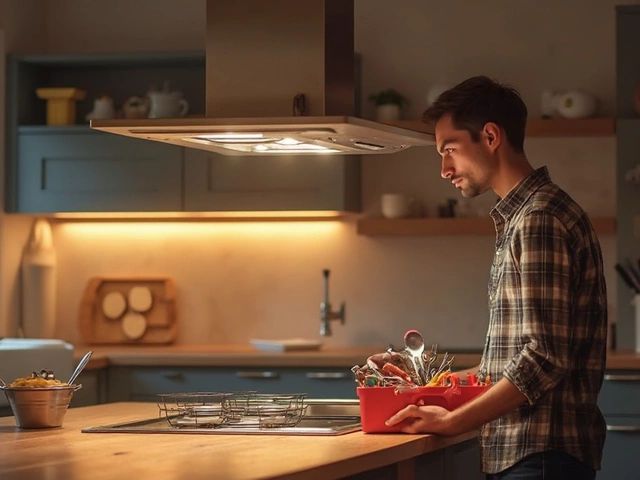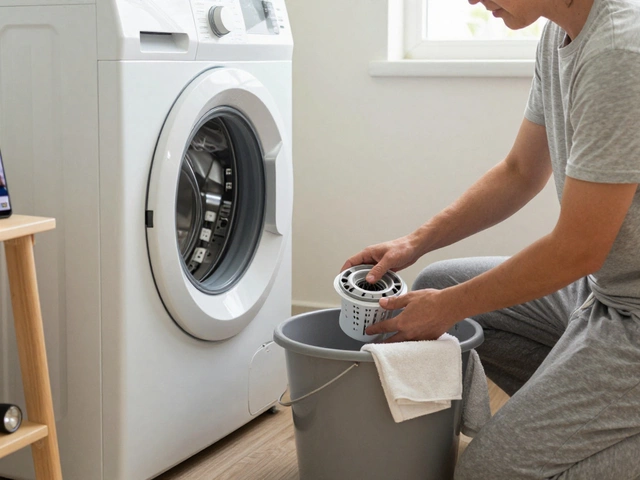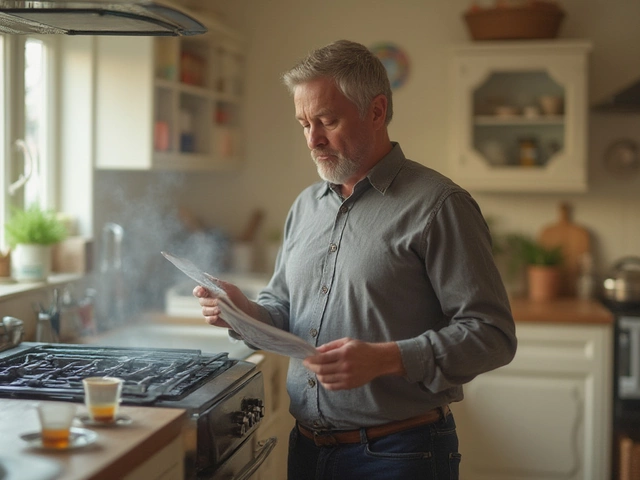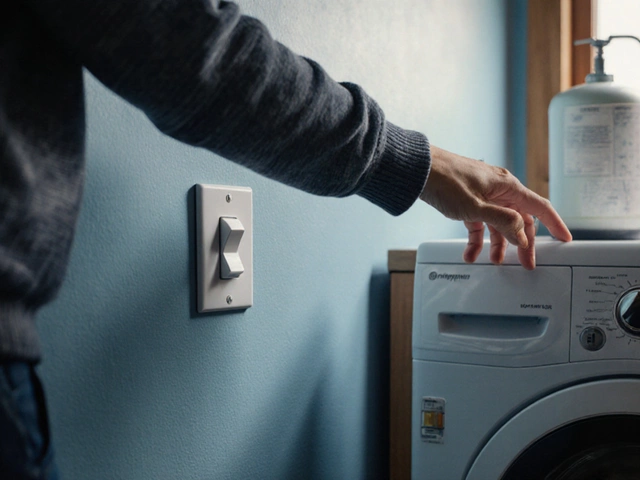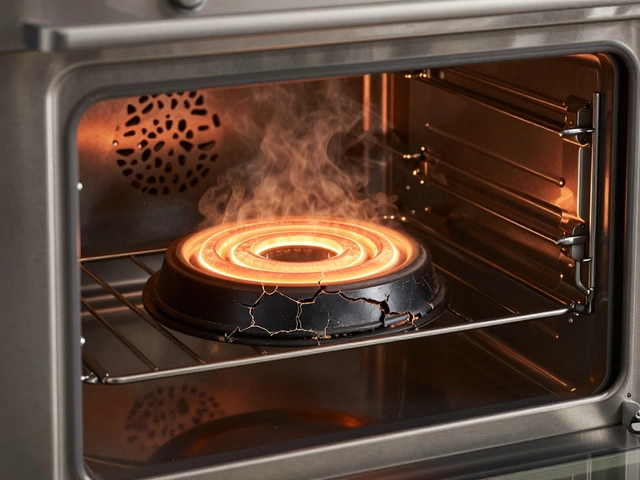Can Kitchen Extractor Fans Be Repaired Effectively?
February 27 2025Food Safety Made Simple for Your Home Kitchen
Keeping food safe isn’t just about washing veggies or cooking at the right temperature. The appliances you use every day—boilers, ovens, extractor fans, and even your water heater—play a big role in stopping bacteria, mold, and nasty smells from spreading. Let’s break down what you can do right now to make sure your kitchen stays clean, healthy, and safe.
Why Clean Appliances Matter
When grease builds up in a range hood or dust settles on a water heater, you’re creating a perfect feeding ground for microbes. A dirty extractor fan can push steam and odors back into the room, raising humidity and encouraging mould on walls and food surfaces. Likewise, a poorly maintained boiler can release carbon monoxide, which not only endangers health but also compromises food storage if your fridge runs off the same system. Regular checks keep these hidden risks in check and help your appliances run more efficiently, saving you money on energy bills.
Everyday Habits to Keep Food Safe
1. Wipe Down Surfaces After Use – After cooking, grab a damp cloth and clean the stove, oven door, and hood filters. It only takes a minute and prevents grease from hardening.
2. Run the Extractor Fan – Turn it on while you cook and leave it running for a few minutes after you’re done. This pulls out steam and reduces moisture that can spoil nearby food.
3. Check Water Heater Sediment – Flush your water heater once a year to clear out mineral buildup. Clear water means cleaner dishes and less chance of bacterial growth in your dishwasher.
4. Schedule Boiler Service – An annual boiler check spots leaks, rust, or carbon monoxide leaks before they become a health hazard. It also keeps the heating system from contaminating the air in your kitchen.
5. Store Food Properly – Use airtight containers, label leftovers with dates, and keep raw meat on the bottom shelf of the fridge to avoid drips onto ready‑to‑eat foods.
6. Know the Signs of Trouble – If you notice strange smells, excessive steam, or a fan that stops working, don’t ignore it. A quick inspection or a call to a qualified gas engineer can prevent bigger problems.
7. Keep the Kitchen Dry – Wipe up spills right away and use a dehumidifier if you live in a damp area. Low humidity stops mould from growing on walls, ceilings, and even on food packages.
By turning these simple actions into habits, you protect not just your food but also the whole household. Clean appliances mean fewer breakdowns, lower energy use, and a healthier environment for everyone at the table.
If you ever feel stuck—like a stubborn oven that won’t heat or a fan that hums but doesn’t spin—don’t guess. Call a certified gas engineer in Bedford. We’ll assess the issue, fix it safely, and give you a quick rundown on how to keep it running smoothly.
Food safety starts with the little things you do every day. A quick wipe, a fans‑on routine, and a yearly service can make a huge difference. Keep your kitchen fresh, keep your family safe, and enjoy the peace of mind that comes with a well‑maintained home.
 10 Apr
10 Apr
Is Food Still Safe When the Freezer Stops Working?
Wondering if your food is still safe after the freezer stops working can be stressful. Knowing how long your food will last, which items are worth saving, and what you should toss can help you manage the situation more effectively. The article will guide you through assessing food safety, understanding shelf life when thawed, and provide practical tips for when your freezer breaks down. It's not just about salvaging food, but also keeping your family safe from unwanted bacteria.
Read More...